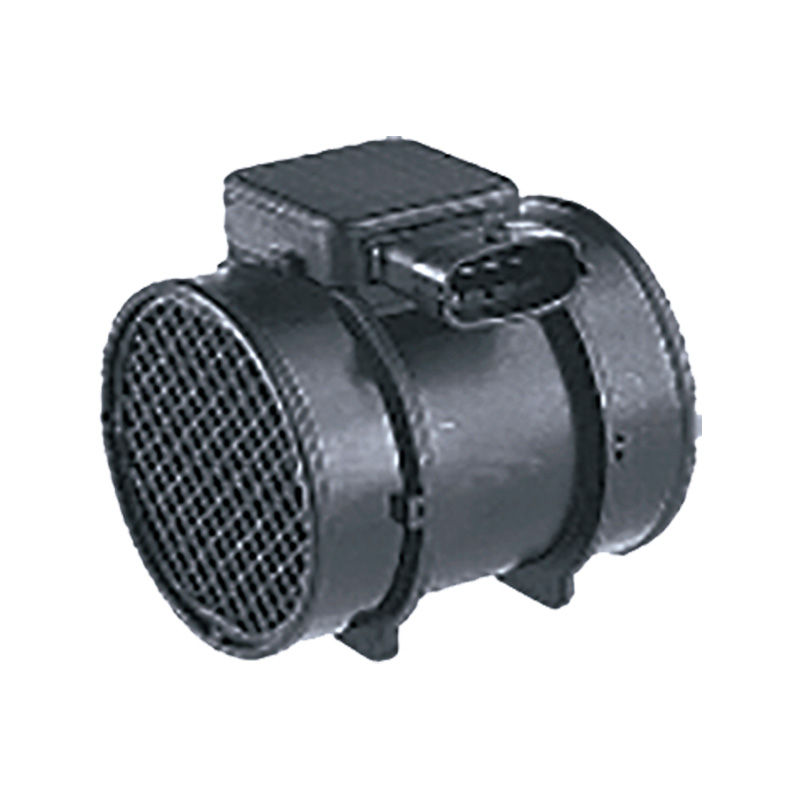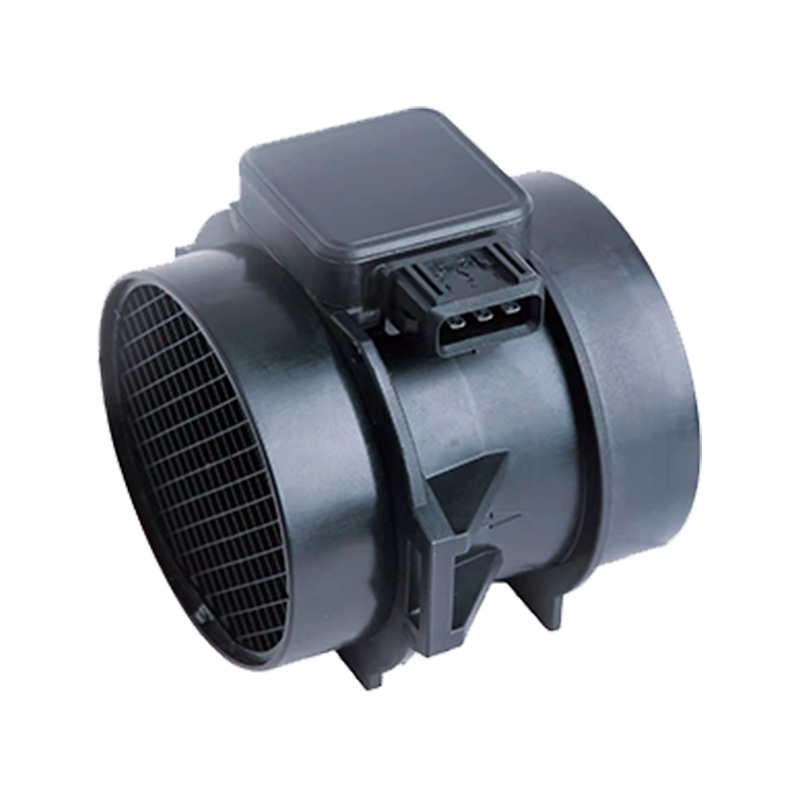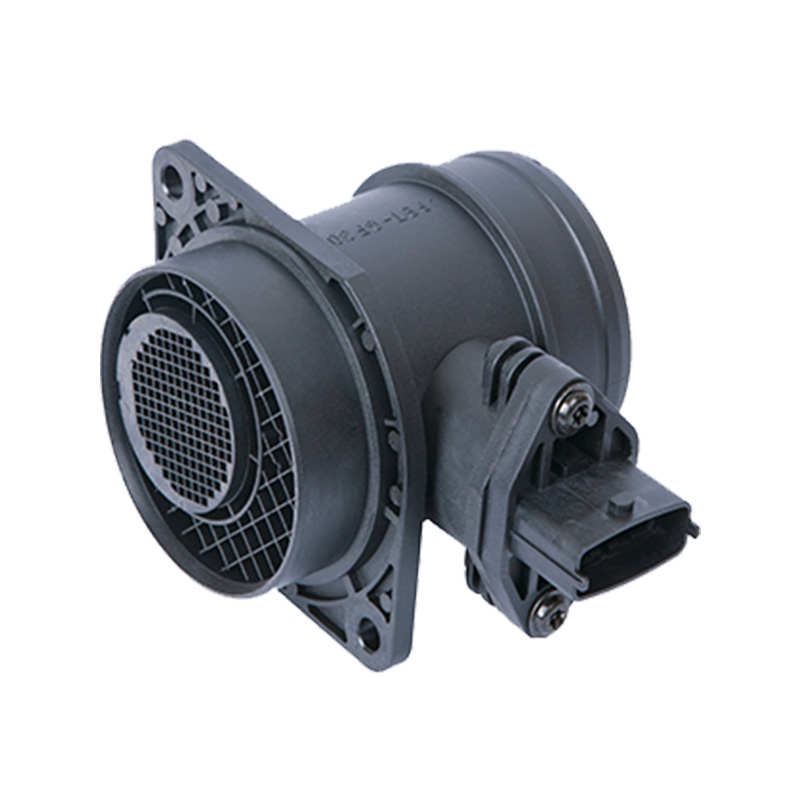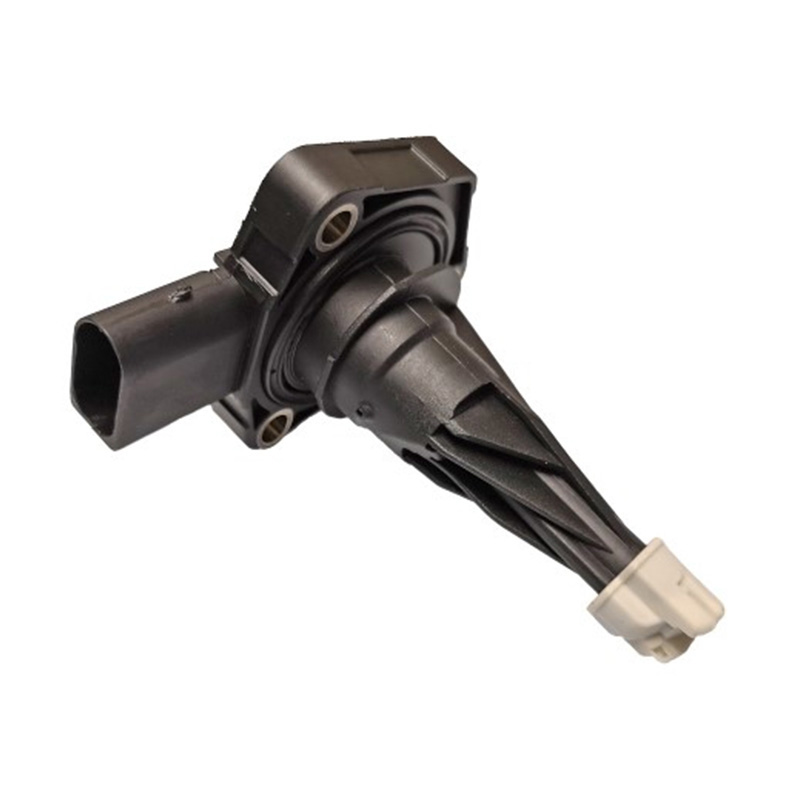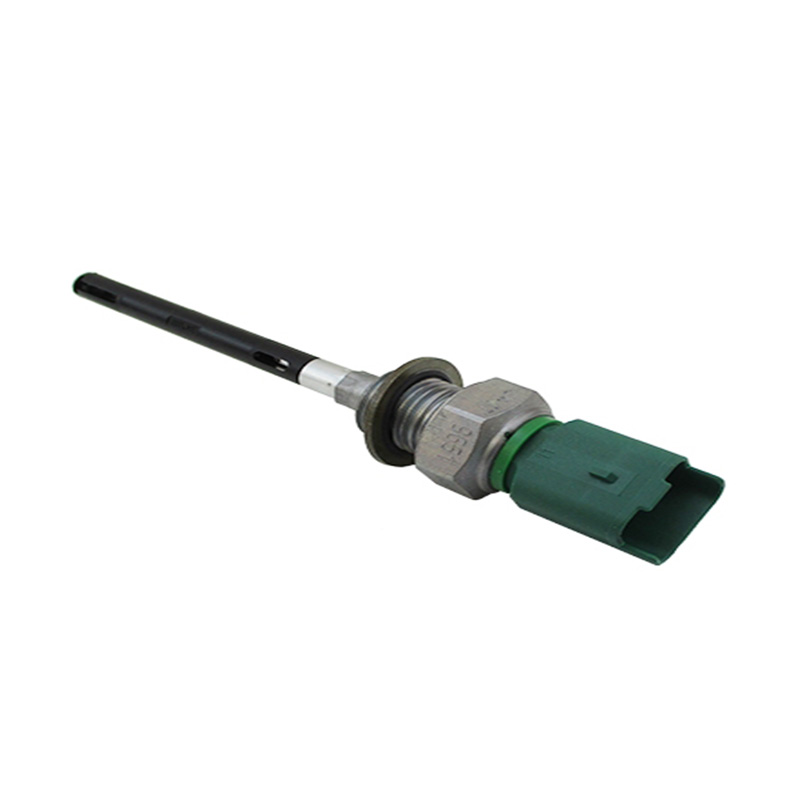OEM.NO: 5WK9641 5WK9641Z
See DetailsThe Integral Role Of Mass Air Flow Meters And Mass Air Flow Sensors In Automotive And Industrial Systems
Custom Sale Mass Air Flow Meter Sensor Manufacturing
In the realm of automotive engineering and industrial process control, the accurate measurement of air flow is paramount. The Mass Air Flow Meter and the Mass Air Flow Sensor are key components that serve this purpose with high precision. These devices are engineered to measure the mass flow rate of air entering an engine or a combustion chamber, which is vital for maintaining good performance and efficiency.
The Mass Air Flow Meter is a critical sensor in the engine management systems of modern vehicles. The Mass Air Flow Meter is designed to convert the mass air flow information into an electrical signal that the engine control unit (ECU) can interpret. This signal is then used to adjust the air-fuel mixture for combustion, ensuring that the engine operates at peak efficiency and meets emission standards.
The Mass Air Flow Sensor, on the other hand, is the component within the MAF that actually senses the air flow. The Mass Air Flow Sensor typically uses a hot-wire anemometer principle, where a heated wire's cooling rate is proportional to the mass air flow. This principle allows for a highly responsive and accurate measurement, which is essential for the precise control of fuel injection.
Both the Mass Air Flow Meter and Mass Air Flow Sensor are subject to strict quality control and testing to ensure their reliability under various operating conditions. The Mass Air Flow Meter and Mass Air Flow Sensor must be able to function accurately across a wide range of temperatures and air pressures, as they are exposed to the external environment and the harsh conditions within the engine bay.
In automotive applications, the Mass Air Flow Meter and Mass Air Flow Sensor work in tandem with other sensors and the ECU to optimize engine performance. They play a crucial role in the overall air-fuel mixture calculation, which directly affects fuel efficiency, power output, and exhaust emissions. Any malfunction or inaccurate reading from these components can lead to poor engine performance, increased fuel consumption, and potential damage to the engine.
Beyond automotive use, Mass Air Flow Meters and Mass Air Flow Sensors are also finding applications in HVAC systems, where they help maintain the quality of air by measuring and controlling the ventilation rates. In industrial settings, they are used to monitor and regulate the flow of gases in various processes, such as combustion in furnaces or chemical reactions in reactors.
The development of Mass Air Flow Meters and Mass Air Flow Sensors has been driven by the need for greater accuracy and reliability in air flow measurement. As technology advances, these devices are becoming more sophisticated, with improved materials and designs that offer better durability and resistance to environmental factors.
The Mass Air Flow Meter and Mass Air Flow Sensor are tools in the fields of automotive engineering and industrial process control. Their ability to provide precise and real-time measurements of air flow is crucial for the efficient operation of engines and other systems that rely on the controlled movement of air. As technology continues to evolve, the role of these components is likely to expand, further enhancing the performance and reliability of the systems they serve.
